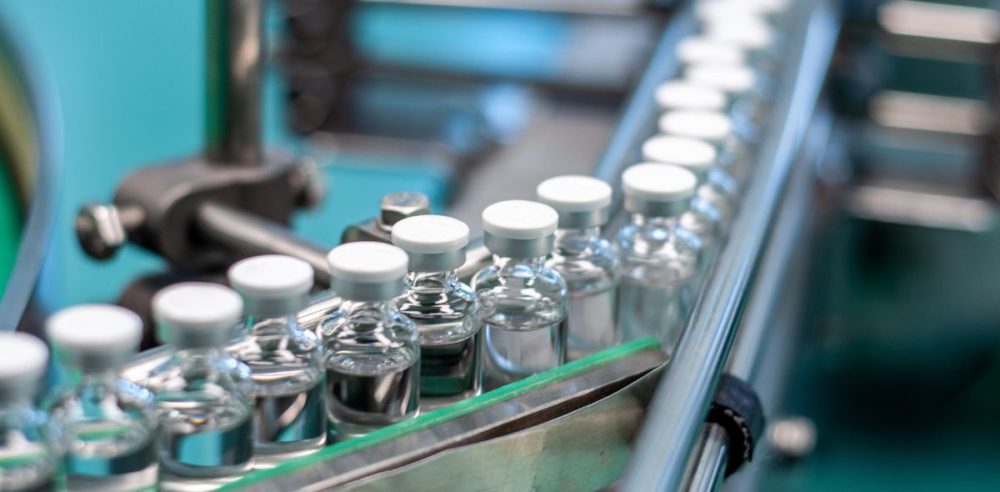Diabetes patients across the U.S. are grappling with insulin shortages, which have persisted since late 2023.
As major insulin manufacturers face supply issues, patients are left struggling to access this essential medication. Advocates and lawmakers are increasingly concerned, as reliable insulin supply is crucial for millions of individuals with diabetes, particularly those with Type 1 diabetes who depend on it for survival, USA Today reported.
Patient advocates have raised alarms over the inconsistency in insulin availability, noting that certain brands have been intermittently in short supply. In response, U.S. Representatives Diana DeGette (D-CO) and Gus Bilirakis (R-FL) recently demanded answers from the country’s top insulin manufacturers, pressing them on taking steps to resolve these shortages. The representatives emphasized that insulin is a public health necessity, especially for people with Type 1 diabetes who need regular access to fast-acting insulin.
Among the brands affected, Eli Lilly reported shortages of its Humalog and insulin lispro vials earlier in the year due to new regulations impacting production. The company decided to discontinue its 3-milliliter vials of Humalog, a product mostly used in hospitals, to prioritize production of 10-milliliter vials.
Another major producer, Novo Nordisk, also faced shortages, particularly with its Fiasp and NovoLog insulin vials. Novo Nordisk expects supply disruptions to continue through October 2024.
Patients experiencing difficulty finding insulin are encouraged to check multiple pharmacies for available stock or consult with their healthcare providers for alternative treatment options. It’s essential that patients not delay seeking insulin, as managing blood sugar levels is critical for those with Type 1 diabetes.
If preferred brands are unavailable, doctors can help guide patients toward safe alternatives.
The insulin shortages affect millions of Americans, particularly the 2 million individuals with Type 1 diabetes, whose bodies do not produce insulin. Many with Type 2 diabetes also require insulin as their disease progresses.
While insulin remains vital for those with Type 1 diabetes, new drugs such as Ozempic and Mounjaro, which belong to a class of medications called GLP-1 agonists, are increasingly being used to treat Type 2 diabetes and are now in high demand for both diabetes management and weight loss.
With the ongoing supply challenges, manufacturers are ramping up production of both insulin and these new GLP-1 drugs to meet growing consumer demand. Meanwhile, patients facing insulin shortages must rely on communication with pharmacies and healthcare providers to ensure continuity of care.
This article was written with assistance from artificial intelligence.


